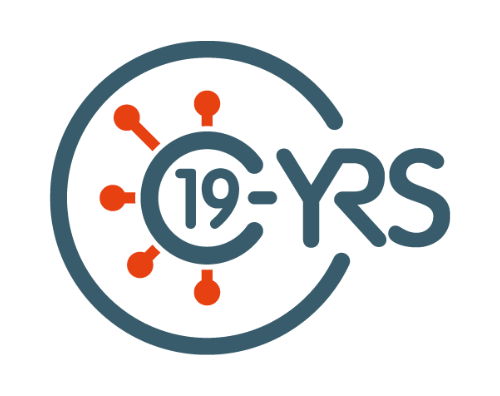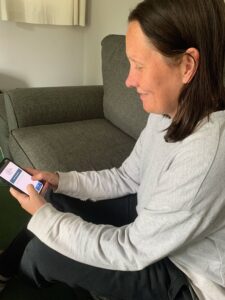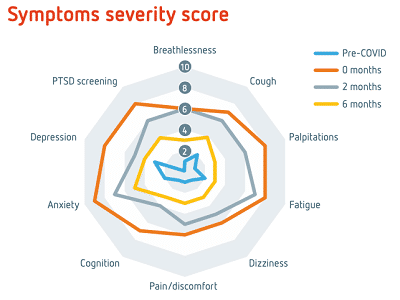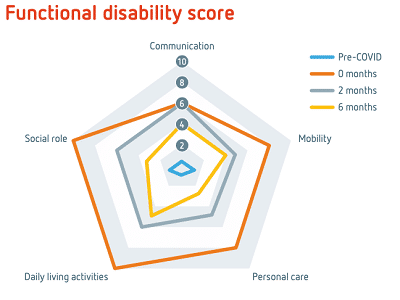About the Web Portal
Digital C19-YRS offers an online web portal for research organisations to manage their study cohort across one or more localities.
From here, staff can set up new participants, configure different PROMs, view results, and access powerful reporting tools for the individual participant, the overall cohort, or a pre-defined group of users.
Reports are automatically generated which can be exported for external storage.
The system is hosted in the cloud, meaning no installation is required.
Pseudonymised data can also be viewed by staff with lower access rights.






